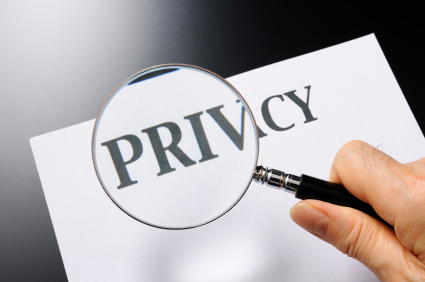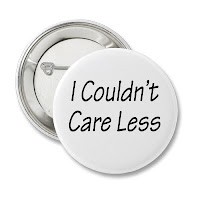Rules for parents' online posting

While packing for a flight home in early January after the winter holiday season, I found myself listening to Diane Flacks, a CBC columnist, talking about the ways in which 'tweens and teens are feeling about their parents posting images and comments about their children on their parent's Facebook, Instagram and other social media.
I was somewhat stunned by what I heard.
It was as though Diane had not thought of the rights or perceptions of her son, who told her when she asked why he objected to her posting images of him on her Facebook page, that kids want control over their own images on social media within their mom's social circle. Kids are not interested in being the focal point of discussion by their parents. They are aware of the possibility of having embarrassing photos posted that will be forever online, and also of having their privacy violated by such acts.
Finding an article on usable knowledge website I, too, would like to see the development of conscientious connectivity, an awareness and practice developed by sociologist and principal investigator Carrie James at Project Zero at the Harvard Graduate School of Education, and author of Disconnected: Youth, New Media, and the Ethics Gap where she explores the extent to which moral and ethical thinking informs everyday digital actions — and how those actions and ways of thinking are justified by young people and by the adults in their lives.
James finds that ethical thinking, the paying attention to the impact of one's actions on one's community and on wider networks of people both known and unknown is in short supply. According to James, ethical thinking entails:
- Developing the capacity to take the perspectives of the many people — yourself, your friends and family, your school, a wider affinity group — who are affected by your online actions.
- Developing a capacity to reflect on your various roles and responsibilities online.
- Developing a capacity to consider benefits and harms of online choices for distant observers and larger communities.



Comments
Post a Comment